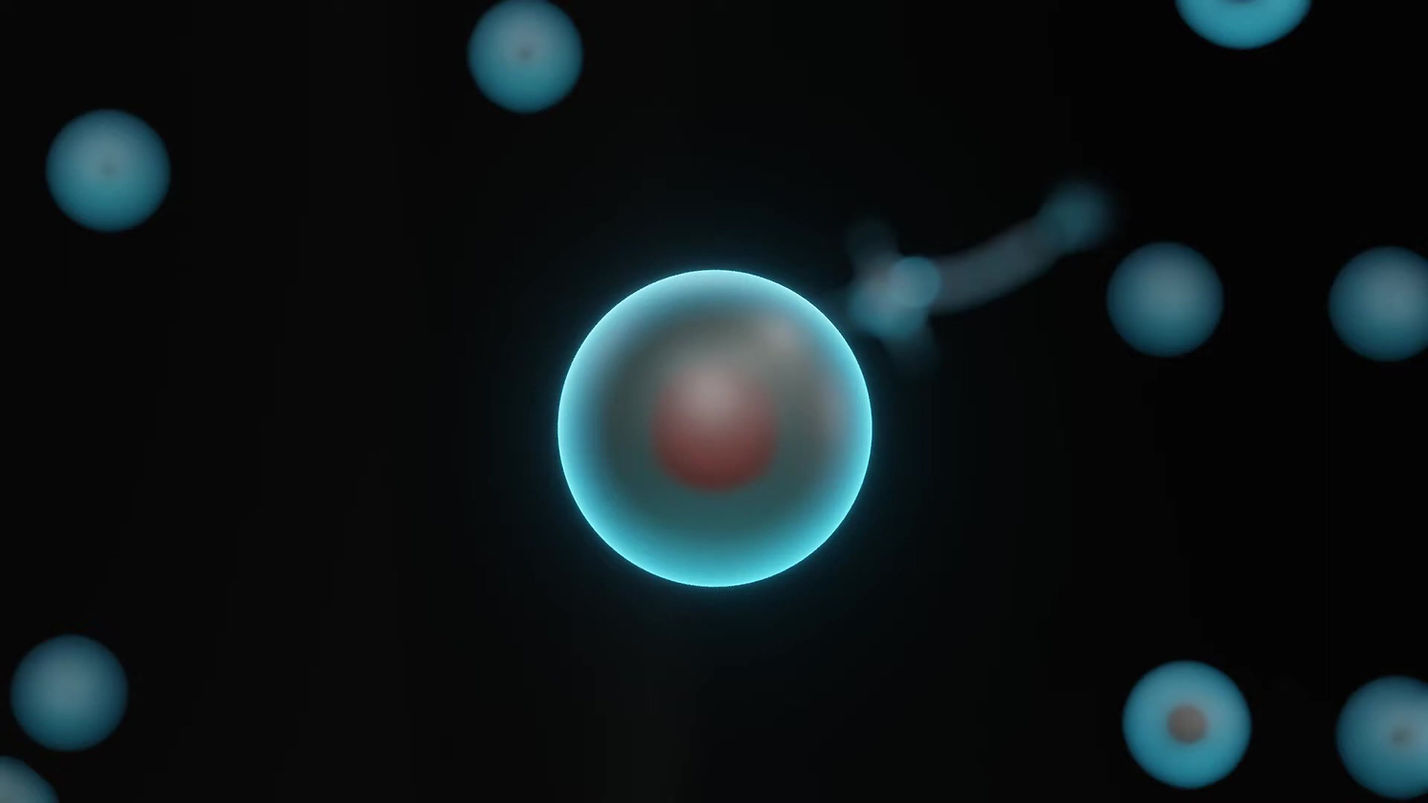
What is TMS Therapy?
TMS, or Transcranial Magnetic Stimulation, gained FDA approval in 2008 for treating major depressive disorder (MDD).
This groundbreaking technology offers hope for patients with treatment-resistant depression, providing a safe, painless, and non-invasive method of stimulating brain regions affecting mood.
Since then, TMS Therapy has demonstrated efficacy for various mental health conditions
TMS is considered a breakthrough alternative when traditional methods have proven ineffective or cause unwanted side effects.
Depression
Anxiety
Post-Traumatic Stress Disorder (PTSD)
TMS Therapy is Currently Used for:
MDD
Migraine Headaches
Obsessive-Compulsive Disorder (OCD)
*treatment for anything besides MDD and OCD is considered off-label use and may not be covered by insurance
Smoking Cessation
Chronic Pain
Borderline Personality Disorder

How Does TMS Therapy Work?
Transcranial Magnetic Stimulation utilizes a magnetic coil positioned over the head to activate specific brain regions associated with mood regulation and other functions.
Through safe, painless, and non-invasive magnetic pulses, TMS targets nerve cells in the brain that may be imbalanced or malfunctioning, contributing to conditions like depression.
By delivering repetitive pulses to a precise brain area, TMS generates electrical currents akin to those naturally produced, stimulating neurotransmitters responsible for mood regulation and emotional well-being.
Unlike antidepressants and other medications that rely on chemicals to influence neurotransmitters, TMS offers a manual approach to brain stimulation, offering an innovative alternative for mental health treatment.
Is TMS Therapy Effective
As each individual's response to treatment varies, some may not find relief through traditional methods such as medications or behavioral therapy.
Initially identified as effective for those unresponsive to antidepressants, TMS Therapy has shown promising results. Harvard Health reports a positive response in 50 to 60 percent of individuals and full remission in approximately 30 percent.
For individuals grappling with co-occurring generalized anxiety disorder and major depressive disorder, a study published by the National Library of Medicine reveals significant relief, with 76 percent experiencing improvements in depression symptoms and 84 percent in anxiety.
The FDA's extension of TMS approval for smoking cessation, obsessive-compulsive disorder, and migraine headaches underscores its success in diverse conditions.
Notably, in 2020, TMS Therapy earned breakthrough status for bipolar disorder treatment due to its notable effectiveness, establishing it as a viable therapeutic option.
